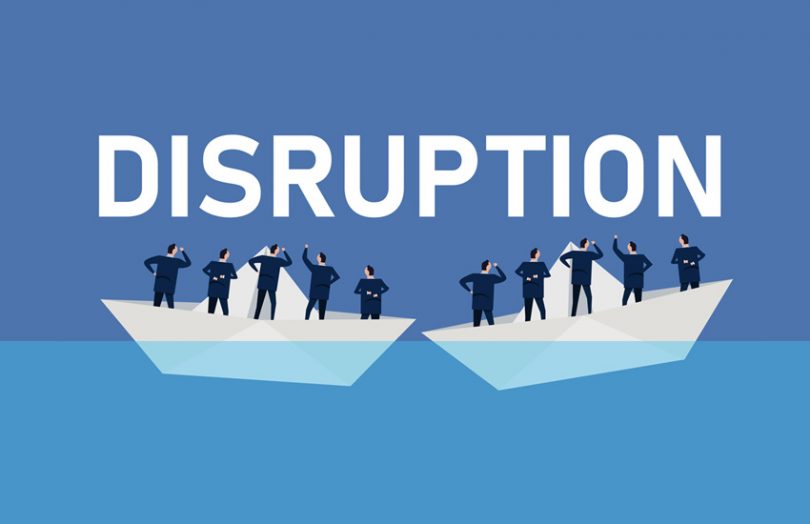Yesterday at the Singapore Fintech Festival, executives of major institutions such as JP Morgan, DBS Bank, and the Swiss stock exchange SIX discussed working on blockchain projects that will disrupt their own businesses.
Jos Dijsselhof, the CEO of SIX, spoke about the development of the SIX Digital Exchange (SDX), which recently gained regulatory approval and is expected to launch soon. He described the need to create a culture where different parts of the company challenge each other.
“Our digital exchange will be competing with our existing exchange. And they will be competing for business and issuance of new products and trading. And I think that’s a very exciting part of the journey we’re all on together,” said Dijsselhof.
The same topic came up during a separate talk featuring DBS Bank and JP Morgan, which are working together on an interbank cross-border payment network Partior based in Singapore. Asia is perceived as moving faster than Western economies when it comes to blockchain adoption.
Emphasizing the disparity, Takis Georgakopoulos, who heads wholesale payments for JP Morgan, said that 80% of the bank’s wholesale clients are multinationals that are more at the web 1.5 stage, never mind web 2.0 or blockchain’s web 3.
Hence for these clients, the requirements are more basic around digitizing supply chains, payments and treasury functions. At the same time, 10-20% of the companies are more forward-thinking.
Tan Su Shan, Group Head of Institutional Banking at DBS, made a similar point. “How do you balance both the near term and the long term. Also, you’re not going to move from web 1.5 to two to three in a hurry. You’re going to have to be toggling both. I call this being ambidextrous,” she said.
Georgakopoulos stated that JP Morgan would continue to execute traditional payments really well. “While at the same time, trying to find ways to disrupt all of that, and create new ways for money to move,” said Georgakopoulos. “Both for the physical world as well as for the gaming / meta world as well as in the future for the internet of things (IoT).” He referred to the 23,000 people working on payments at the bank. JP Morgan’s Onyx blockchain division has 200 people.
Asked about what payments will look like in five years, the DBS prediction is that many cross-border payments will use blockchain. JP Morgan’s view is consumer payments will be 24/7 and happen at virtually zero cost. However, Georgakopoulos sees the same regulatory rules being in place as today for interbank and high value payments. “They may be blockchain-based, but the governments are going to continue to put all the controls that they have around them as they do today,” he said.






